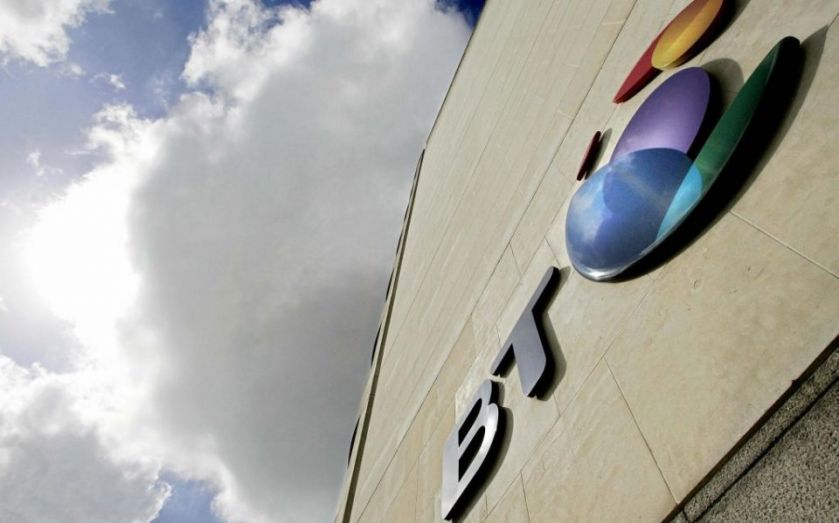BT’s broadband network dominance is bad for customers, innovation and the country

The frustrations with Openreach expressed by Vodafone chief executive Vittorio Colao yesterday are shared by millions of customers and businesses as well as Sky. The current structure where one provider, BT, has complete ownership of the national broadband network has led to unacceptable levels of service, reduced competition, and a poverty of ambition in terms of building the network the UK will need in the future.
If you start with the issue of service, BT’s underinvestment in Openreach has led to poor outcomes for customers and high levels of faults. In an era when Amazon is talking about delivering your shopping by drone direct to your house, how can it be that for around 90 per cent of our customers it takes Openreach over 10 calendar days to activate a broadband line?
In terms of competition, BT points to broadband take-up in the UK relative to certain European countries as proof the market works. However, it is talking about the old copper network. Ten years ago, Ofcom created complex regulation to deal with the conflict of interest caused by BT’s ownership of Openreach. The copper network was opened up, allowing companies like Sky and TalkTalk to create real competition, leading to lower prices for customers and higher take up of broadband.
However in fibre, there is a risk that BT will re-create its former dominance. Its ownership of Openreach gives BT a built-in advantage over rivals. When BT switches a customer to fibre, it just hands over a notional fee from one bit of its business to another. In contrast, other providers face a real increase in costs that makes it less attractive to invest in upgrading customers.
When it comes to innovation, this has been limited by, as Vodafone has said, BT’s interest in sweating the existing copper network. BT’s fibre rollout only extends to the local cabinet, not your home. It has talked about developing “G.Fast”, but this still relies on the old copper line into your house. As a country, are we happy for our digital economy in 20 years’ time to be based on technology that in places was installed before the First World War?
We desperately need an alternative to BT’s limited ambition which serves their strategic interest. We believe that, for the UK to keep up with the rest of the world, the focus has to be on delivering true fibre to the home. Our aim should be to make Gigabit broadband widely available to homes and businesses, just as it is being deployed in Spain, Portugal, New Zealand, Sweden, Latvia and Singapore among others.
The ultimate answer to all these problems is separation. An Openreach independent of BT would be a new, highly investable, FTSE 100 company that could lead the transformation of Britain’s broadband infrastructure by working alongside the whole industry to deliver a network fit for the future. It is vital for the UK economy that the digital communications review currently being conducted by Ofcom doesn’t fudge these issues. Otherwise Britain risks being left behind.